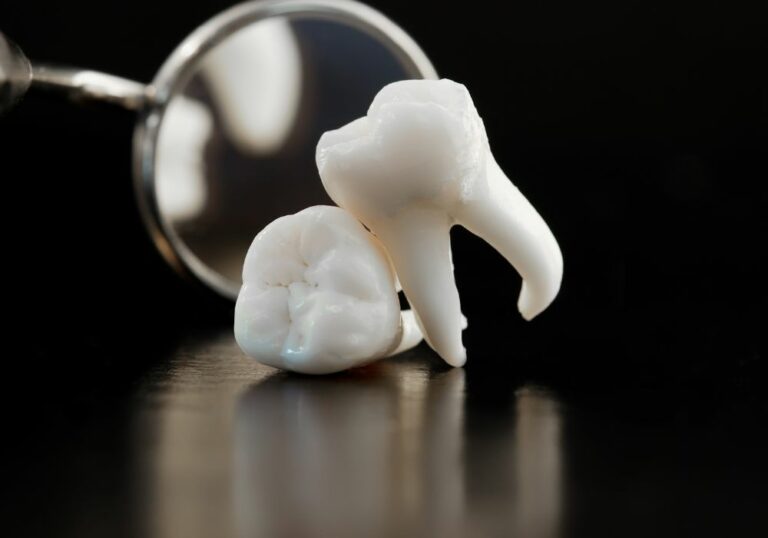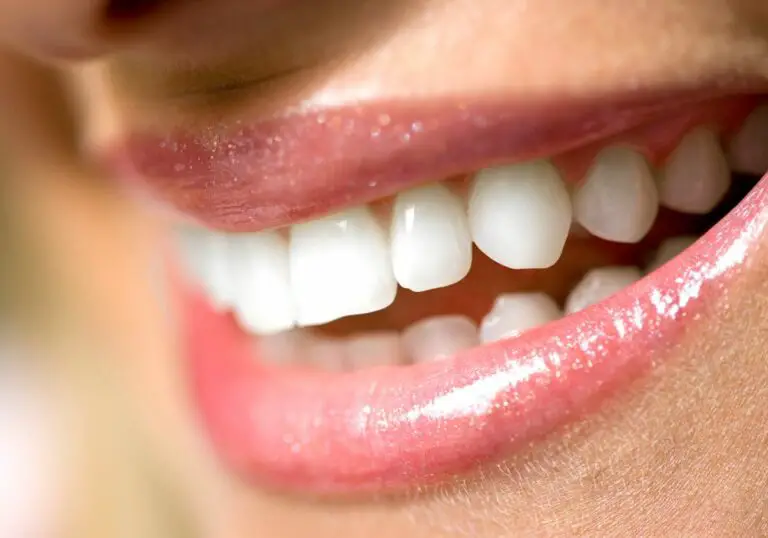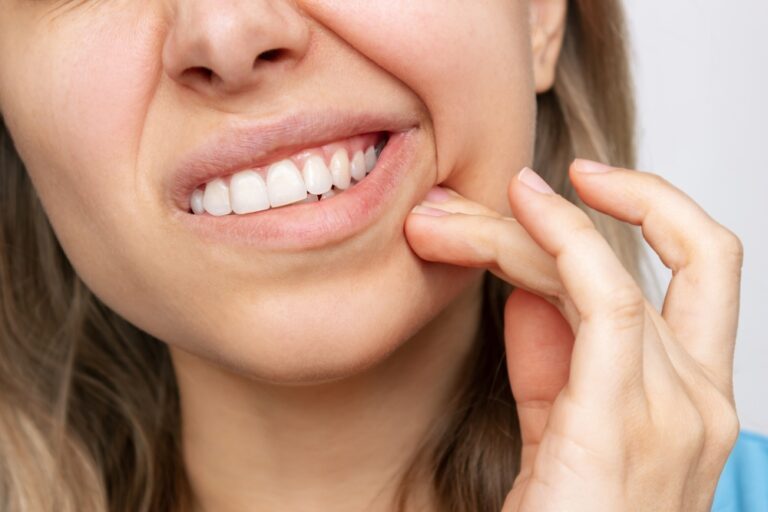Using markers or pens to draw on teeth is generally not recommended. While markers are not toxic, the ink can potentially stain teeth, especially if used long-term. There are safer decorating options for teeth that don’t risk damage.
However, markers made specifically for use on teeth do exist. These are non-toxic and designed to avoid permanent staining. Short-term use of these specialty markers is safer if proper care is taken.
This article explores the safety concerns, risks factors, and alternatives to consider before using markers on teeth.
What markers can you use on teeth?
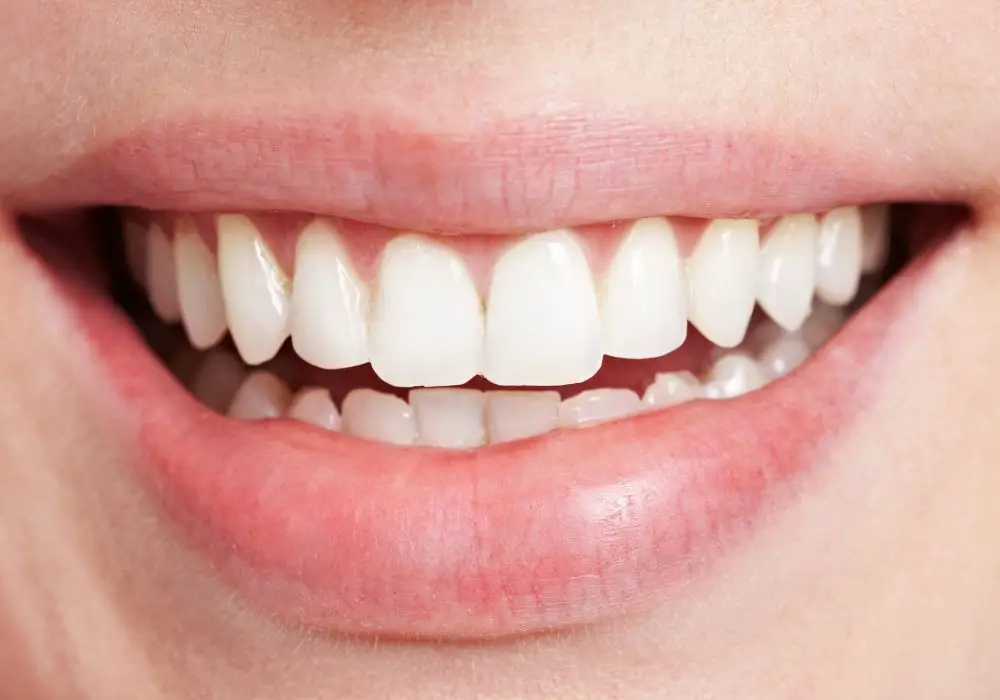
Not all writing instruments are created equal when it comes to contact with teeth. The main options include:
Non-toxic washable markers
Washable markers labeled non-toxic or child-safe may state “AP certified” meaning they comply with standards from the Art & Creative Materials Institute. This means they undergo testing and are considered safe even if ingested.
However, washable does not mean the ink won’t stain. Dyes can still temporarily discolor teeth. Avoid long-term use.
Food decorating markers
Edible ink pens designed for food decorating are a better option. These are non-toxic and made from food-grade dyes that avoid permanent staining on teeth. They are more likely to wash away cleanly.
Specialty tooth markers
Some cosmetic brands now make markers specifically formulated for teeth. These use ingredients that avoid absorption into enamel. They are designed to wash off easily with brushing. This makes them a safer choice.
Risks of using markers on teeth
While tooth-safe markers exist, using other writing instruments comes with risks:
Tooth staining
Most standard markers contain pigments and dyes that can penetrate into microscopic grooves in enamel and dentin. Even washable markers may leave residual staining, especially with repeated use. This could necessitate professional teeth whitening later on.
Tooth sensitivity
Markers containing chemicals like alcohol or strong pigments can irritate and dry out enamel. Using them repeatedly could increase sensitivity and tooth pain by exposing more of the underlying dentin layer.
Gum irritation
Writing on the gums or areas near the gums could trigger irritation, redness, or swelling of tissues. Some marker inks may contain chemicals that provoke allergic reactions in sensitive individuals when used on soft oral tissues.
Accidental ingestion
Chewing or ingesting pieces of certain marker tips could pose internal risks, especially for smaller children. Seek medical help if a young child is suspected of swallowing marker parts.
Dental health tips for using markers on teeth
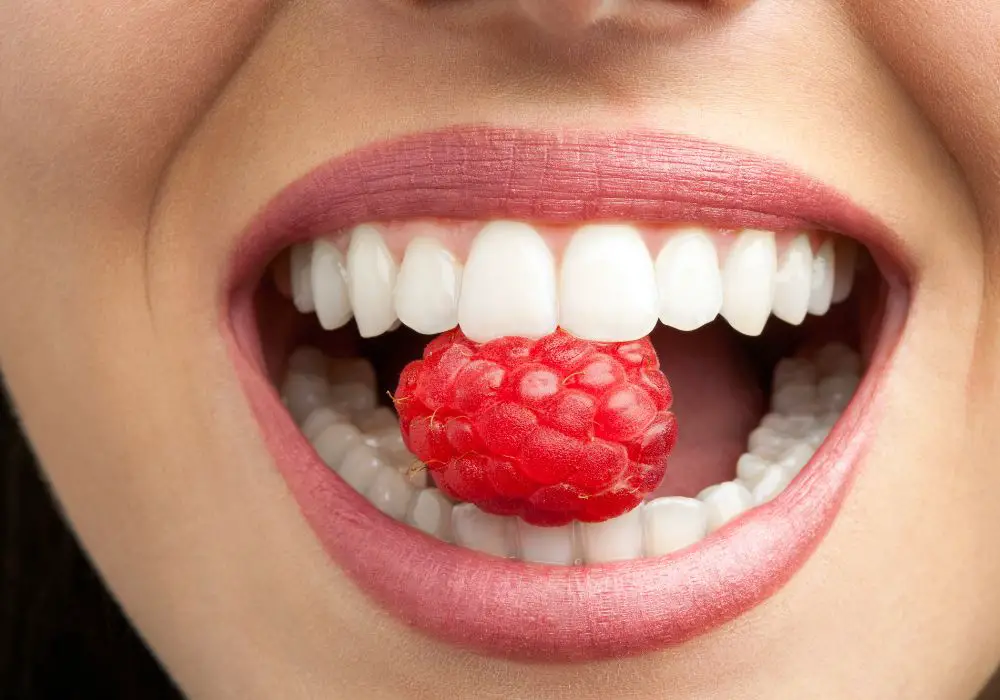
Those who still wish to use markers on teeth should follow these precautions:
- Avoid using permanent markers or those with strong pigments/dyes not designed for oral use. Look for specialty tooth markers.
- Do not draw directly on gums, only enamel.
- Limit marker use to very short-term decoration that is promptly brushed off.
- Thoroughly rinse and brush teeth after to remove residual ink.
- Supervise children closely and use washable options. Avoid use under age 6.
- Stop using if sensitivity or irritation develops.
- See the dentist if stains remain after brushing to assess for any enamel damage.
Safer alternatives to decorating teeth
For those looking for easy ways to decorate teeth without risks, consider these better options:
Tooth gem stickers
Adhesive rhinestones and crystals can temporarily stick to teeth without chemicals. Avoid swallowing and take care removing to prevent enamel damage.
Whitening strips
Use whitening strips just on the front 4-6 teeth for a temporary “headlights” effect. Take precautions against gum irritation.
Dental sealants
For longer-lasting effects, ask your dentist about applying tooth-colored sealants or veneers just to front teeth. This stains teeth while protecting them.
Temporary coating sprays
Spray-on cosmetic coatings can temporarily color teeth and avoid potential staining or sensitivity from markers. Exercise caution inhaling vapors.
Wax dental molds
Make temporary dyes using dentist-made molds of teeth. Soak the mold in food coloring or tea to generate a replica template for coloring.
Professional teeth coloring
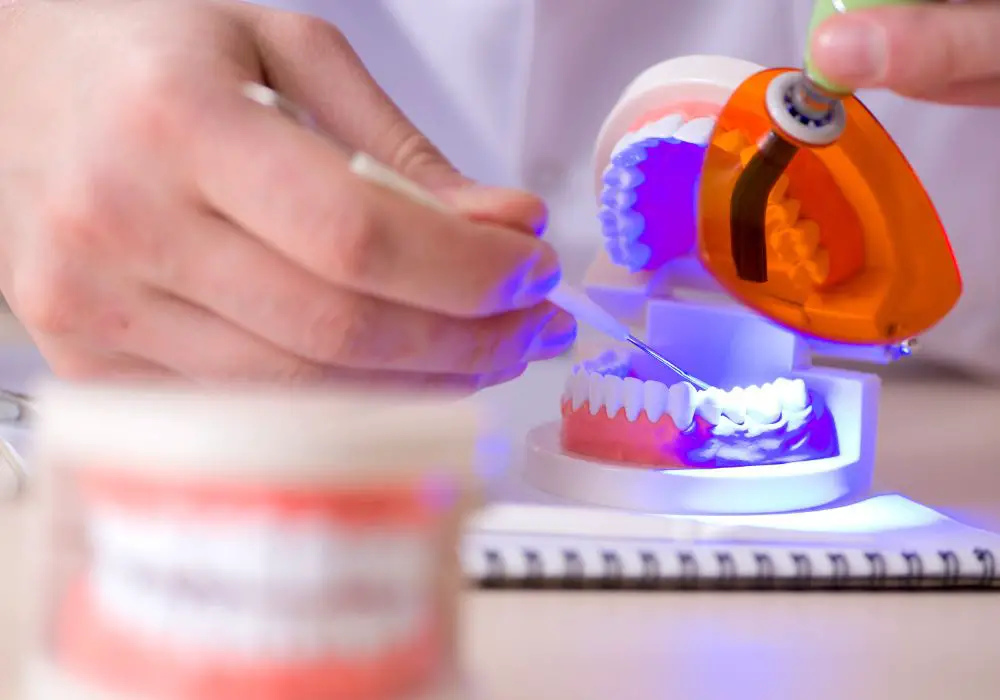
For the most dramatic but safer effects, consider professional teeth coloring from your dentist. Options may include:
- Bonding agents tinted with tooth-safe dyes or stains
- Porcelain veneers or laminates adhered over existing teeth
- Bleaching then applying permanent enamel stains
These methods allow complete control over color with minimized risks to enamel. However, they are more expensive and time-consuming than DIY methods.
Frequently Asked Questions
Here are some common questions and answers about using markers on teeth:
Q: What types of markers can I use on my teeth?
A: The safest options are non-toxic washable markers, food decorating markers with edible ink, or specialty cosmetic markers formulated for teeth and oral use. Avoid permanent and alcohol-based markers.
Q: How long can I leave marker on my teeth?
A: Marker should only be temporarily applied to teeth and promptly washed off. Leaving marker for an extended period (more than a few hours) risks potential staining or sensitivity. Avoid leaving marker on teeth overnight.
Q: Can tooth staining from markers be reversed?
A: Light stains may be reversed with prompt brushing and professional whitening treatments. However, deeper marker stains could permanently discolor enamel. Limit use to avoid staining.
Q: Is it safe for kids to use markers on their teeth?
A: Supervise children closely and avoid use under age 6. Choose non-toxic washable options and watch for ingestion. Do not allow kids to leave markers on their teeth for more than a few minutes.
Q: What should I do if marker ink gets swallowed?
A: Seek medical help if a child swallows any marker pieces or ink to assess for internal risks. Call poison control if ingested. Non-toxic washable markers have lower risks.
Key takeaways
- Using most markers directly on teeth risks permanent staining or sensitivity, especially with repeated use.
- Specialty non-toxic, temporary tooth markers are safer for short-term decoration.
- Avoid letting children use markers unchecked on teeth. Supervise use and limit to washable options.
- Alternatives like stickers, sealants, sprays, or professional coloring are better for avoiding tooth damage.
- See a dentist immediately if stains remain after brushing to check for underlying issues.

